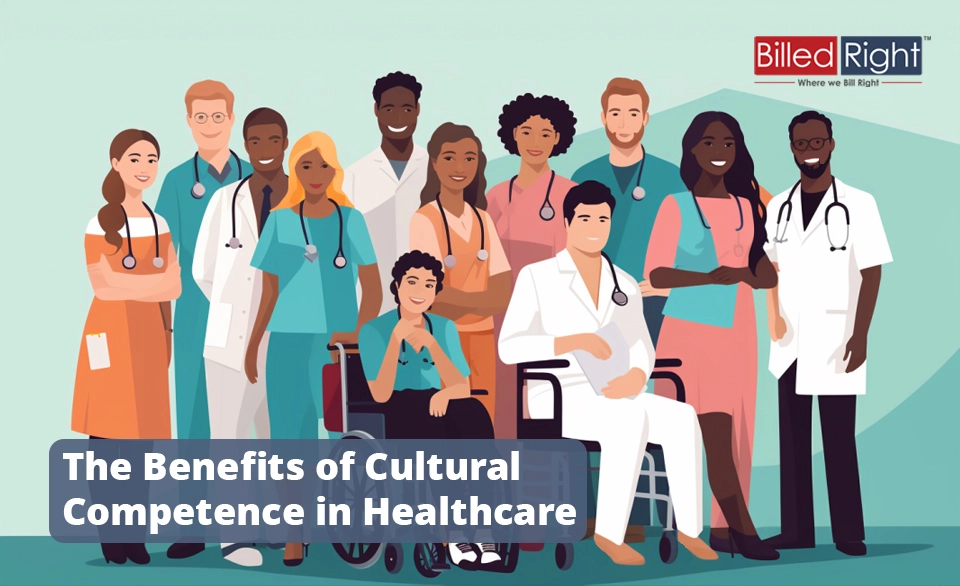The Benefits of Cultural Competence in Healthcare

Cultural competence in healthcare entails understanding and attending to patients’ cultural context and acknowledging their diverse backgrounds.
It’s essential to ensure that healthcare professionals, doctors, and practice managers can provide the best possible care to a diverse patient population.
In this article, we’ll delve into the importance of cultural competence and its impact on patient care and healthcare organizations while providing practical insights for its development.
Understanding Cultural Competence
Cultural competence involves understanding and respecting patients’ diverse backgrounds.
It is a critical component in healthcare, contributing to better patient care and improved health outcomes.
In situations like end-of-life care decisions, cultural competence ensures the consideration of patients’ unique values and preferences, leading to more compassionate and patient-centered care.
Developing Cultural Competence
Developing cultural competence requires training and education to sensitize healthcare professionals to the nuances of different cultures and backgrounds.
Healthcare organizations are instrumental in this process by providing resources and programs to enhance cultural competence among their staff, emphasizing the importance of diversity and inclusivity.
Training can encompass various aspects, including cultural awareness, communication, and respectful engagement with patients from different cultural backgrounds, ultimately resulting in a more inclusive and effective healthcare environment.
The American Hospital Association has created an extensive write-up on “Becoming a Culturally Competent Health Care Organization,” and readers interested in delving deeper into this topic can download the document below to gain valuable insights and guidance on fostering cultural competence within healthcare organizations.
Benefits of Cultural Competence
Cultural competence boosts patient satisfaction by creating a more welcoming and inclusive healthcare environment where patients feel understood and respected. Trust between patients and healthcare providers is strengthened, leading to more open communication and better adherence to treatment plans.
The reduction of healthcare disparities is a significant benefit, as it ensures that all patients, regardless of their cultural background, receive equitable care.
Improved healthcare outcomes result from culturally competent care, with patients more likely to follow treatment plans and experience better health.
Organizations benefit through enhanced staff retention, as healthcare professionals are more satisfied in environments that value diversity and inclusivity. Efficiency in healthcare delivery is improved as cultural competence reduces misunderstandings and miscommunications, leading to smoother and more effective care processes.
Conclusion
In summary, this article highlighted the importance of cultural competence in healthcare for professionals like doctors and practice managers, emphasizing its positive impact on patient care and healthcare organizations.
We call upon healthcare providers to actively develop their cultural competence through training and education, as it’s essential to providing patient-centered care.
Ultimately, the significance of cultural competence in healthcare cannot be overstated. It enhances patient satisfaction, trust, and communication, reduces disparities, improves healthcare outcomes, and benefits healthcare organizations through staff retention and efficiency. Embracing cultural competence is a cornerstone in building a more equal and effective healthcare system.








